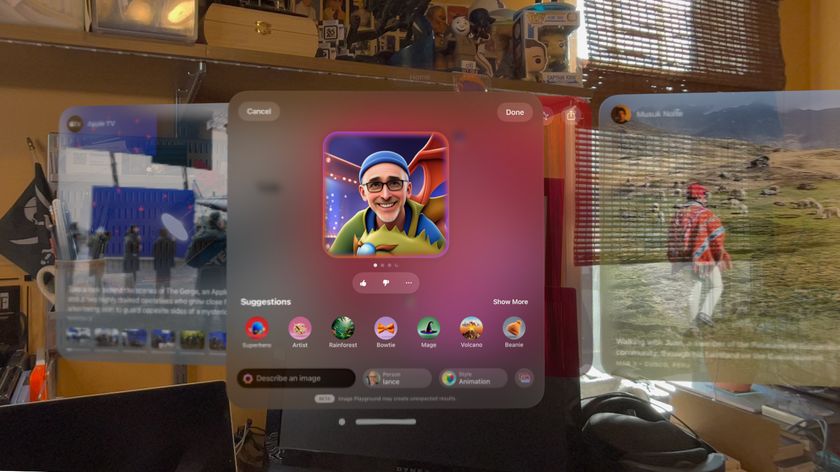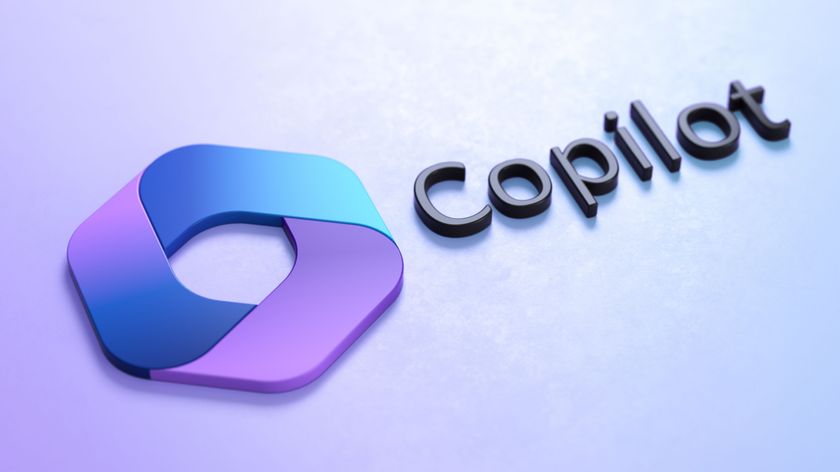Sky, Virgin and TalkTalk respond to Digital Economy Bill change
Do they back site bans?

The Digital Economy Bill has courted much controversy since it was announced back in 2009.
But the news this week that the Liberal Democrats and Conservatives are trying to amend the bill to include the banning of sites that persistently breach copyright has had web freedom fighters up in arms.
To get a different perspective, TechRadar spoke to a number of the UK's ISPs to see what they thought.
Virgin Media explained to us that anything too heavy handed wouldn't work, noting:
"We share the commitment to addressing copyright infringement and recognise that new laws have an important role to play in this.
"But persuasion not coercion is the key and a heavy-handed, punitive regime will simply alienate internet users."
Doesn't address problems
Get daily insight, inspiration and deals in your inbox
Sign up for breaking news, reviews, opinion, top tech deals, and more.
TalkTalk (which is owned by the Carphone Warehouse) was similar in its views believing that these sorts of restrictions were not beneficial to fighting the online copyright fight.
Andrew Heaney, Executive Director of Strategy and Regulation at TalkTalk, told TechRadar: "Lord Clement-Jones's amendment may have been proposed with the best of intentions, but ultimately it doesn't address the fundamental concerns of our customers.
"It would force us as ISPs to restrict access to specific sites accused by rightsholders of hosting material that infringed copyright."
He did note that site banning does happen at the moment but only as a last resort: "Currently we do restrict access to a few sites but only in the most serious cases, for instance those involving child pornography or issues of national security.
"It's hard to see how copyright infringement warrants the same draconian response."
Sky, however, was the one who issued the most support, but not directly to the 'website banning' proposal.
"As both a major investor in content and an ISP, Sky is uniquely placed to understand the interests of rights owners and customers," explained a spokesperson.
"We treat piracy very seriously and want to support rights owners in safeguarding copyright, as we do ourselves.
"We therefore welcome the government's commitment to underpin the fight against illegal file sharing through legislation."
Backdoor to censorship
Virgin Media agrees that something needs to be done but is worried that an all-out banning of websites would wouldn't just be heavy-handed but expensive, too.
"We are also concerned that, as they stand, the proposals could increase costs and penalise ISPs who want to invest in making implementation efficient, while doing little to encourage rights holders to use the regime in a proportionate way," a spokesperson said.
It is perhaps TalkTalk who is most concerned, however, with what a banning of websites would really mean to the freedom of everyone in the UK that uses websites.
"Making the restriction of websites a more widespread policy would be dangerous given its major impact on internet users' human rights, freedom of expression and privacy," explained Heaney.
"We fear it could also be a backdoor to censorship of the internet."
Marc Chacksfield is the Editor In Chief, Shortlist.com at DC Thomson. He started out life as a movie writer for numerous (now defunct) magazines and soon found himself online - editing a gaggle of gadget sites, including TechRadar, Digital Camera World and Tom's Guide UK. At Shortlist you'll find him mostly writing about movies and tech, so no change there then.












